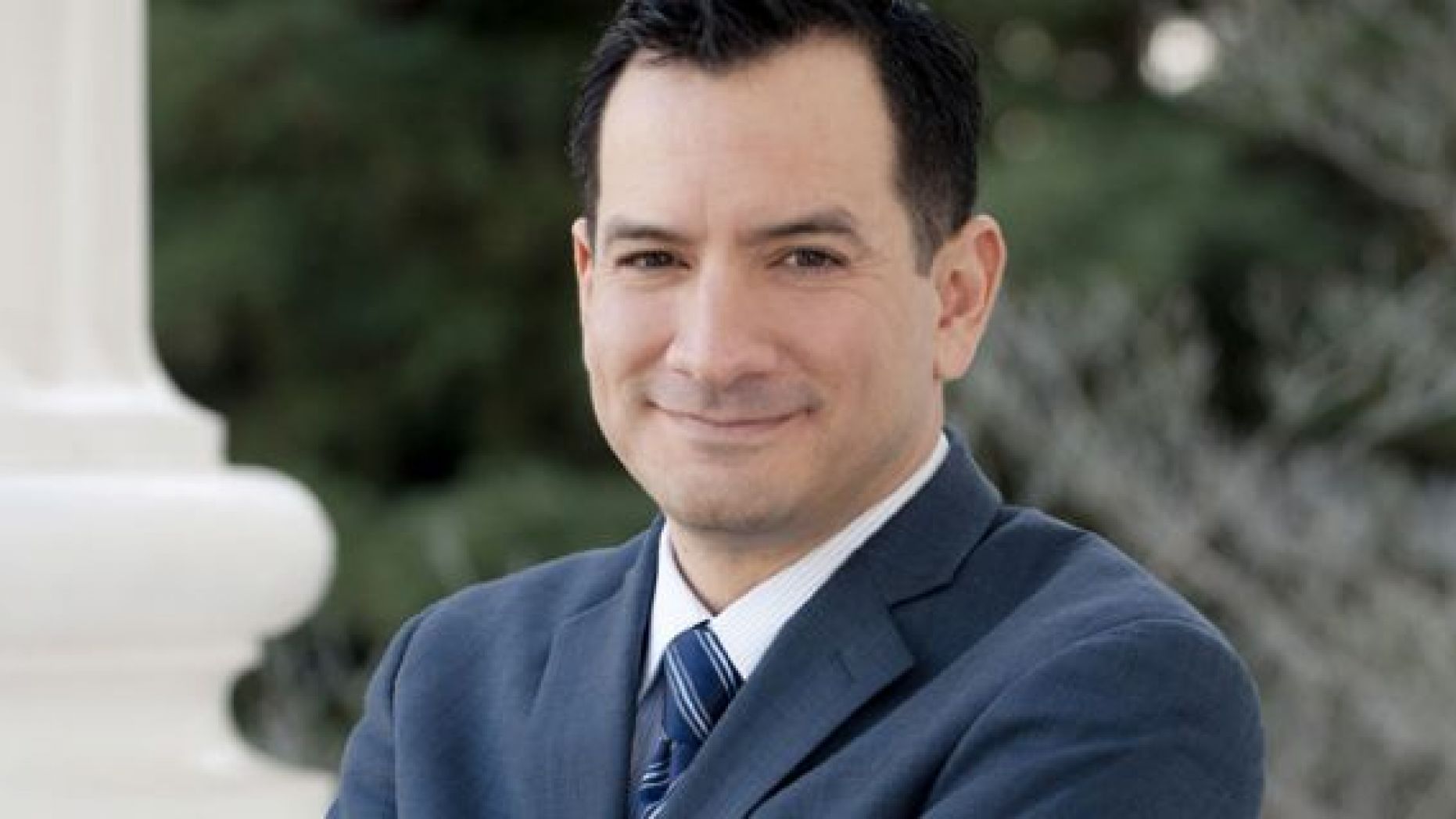Los Angeles, California, Oct. 16 – Responding today to a questionnaire by the disability advocacy group RespectAbility, Speaker of the California State Assembly Anthony Rendon, who is running for re-election to Assembly District 63, outlined his views on education, employment and stigma for the 987,522 people with disabilities in the greater Los Angeles metropolitan area. That includes people who are blind or deaf or have other visible conditions such as spinal cord injuries, as well as people with invisible disabilities including learning disabilities, mental health or Autism.
According to a recent survey, 74 percent of likely voters have a disability themselves or have a family member or a close friend with disabilities. The upcoming elections and their results will have an impact on people with disabilities, so it is important to become familiar with the candidates’ thoughts on certain issues.
“Candidates for office ignore the disability community at their peril,” said former U.S. Representative and Dallas Mayor Steve Bartlett. Bartlett, who was a primary author of the Americans With Disabilities Act of 1990, is the chairman of RespectAbility.
RespectAbility reached out to Rendon’s opponent, Maria Estrada, as well, but received no response, according to the organization’s President, Jennifer Laszlo Mizrahi.
RespectAbility is nonpartisan and does not endorse candidates. The questionnaire is purely for educational purposes.
The full text of RespectAbility’s questions and Rendon’s replies follows:
QUESTION 1: EDUCATION AND SKILLS: There are more than 183,000 students with disabilities enrolled in Los Angeles County public schools. Of that number, 126,000 are Latinx students with disabilities who face additional barriers such as language differences, inadequate resources, economic disparities and racial discrimination. What will you do to ensure that more and more students with disabilities of all backgrounds receive the skills, resources and opportunities they need to succeed?
ANSWER: As a former non-profit executive director of an organization that provided education and health services to under-served Latino communities, I have and will continue to fight for expanded funding for students, especially those with disabilities and language barriers. I am proud to have led efforts to reduce economic disparities of families in California and restoring funding for health services in the state budget.
QUESTION 2: JOBS AND INDEPENDENCE: There are 452,879 working-age people with disabilities in Los Angeles County and only 163,363 have jobs. In other parts of the United States, there was a 4-fold increase in new jobs for people with disabilities. Last year, more than 10,000 working-age people with disabilities in Los Angeles left the workforce. What is your plan to support more job opportunities for people with disabilities across Los Angeles County?
ANSWER: I was proud to support expanded funding for Best Buddies in the state budget. Best Buddies works with LAUSD to fund Project Search – a program that pairs people with disabilities with internships that then lead to jobs in the community. I will work to continue and expand these programs to produce job opportunities and support services to people with disabilities in our community.
QUESTION 3: FIGHTING PREJUDICE: Media representation of minority communities is crucial to reducing discrimination, bias and stigma in our broad culture. What will you do to leverage the power of Hollywood to fight stigmas and empower Los Angelenos with disabilities to work in entertainment, just like anyone else?
ANSWER: I strongly supported efforts in the renewal of the state film tax credit to improve media diversity in Hollywood. As the state continues to interact with the film industry, I look forward to working with disability rights advocates in pushing forward ideas to reduce cultural discrimination, bias, and stigma through better representation in media.
QUESTION 4: CIVIC ENGAGEMENT & EQUITY: People most directly affected by issues such as education, jobs, prejudice, homelessness, criminal justice, poverty and other issues deserves to have their voice, insights and experiences respected and utilized in finding and implementing solutions. People with disabilities are disproportionally impacted by these issues. As a public official, what will you do to ensure that Los Angelenos with disabilities have “a seat at the table” for all major issues and can be part of solutions so that they and all others can have a better future?
ANSWER: My staff and I would work with entities like the Los Angeles County Commission on Disabilities and other stakeholder groups to increase my understanding of the challenges faced by Angelenos with disabilities. Ensuring opportunities to meet and discuss issues and ideas will be critical to pushing forward proposals that can address the challenges faced by the community and give them an impactful seat at the table when decisions are made.

Be First to Comment